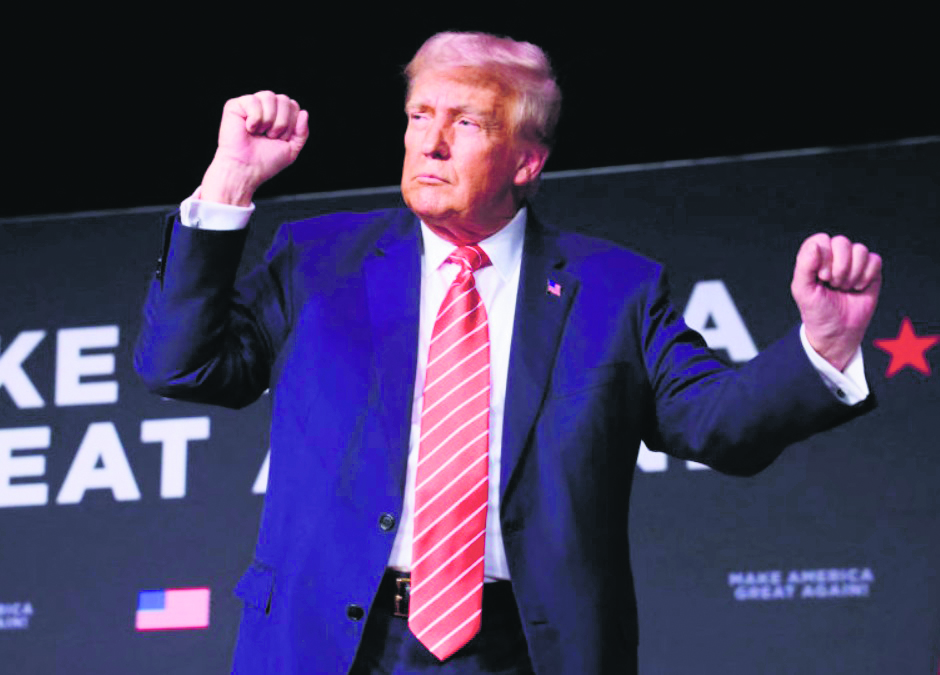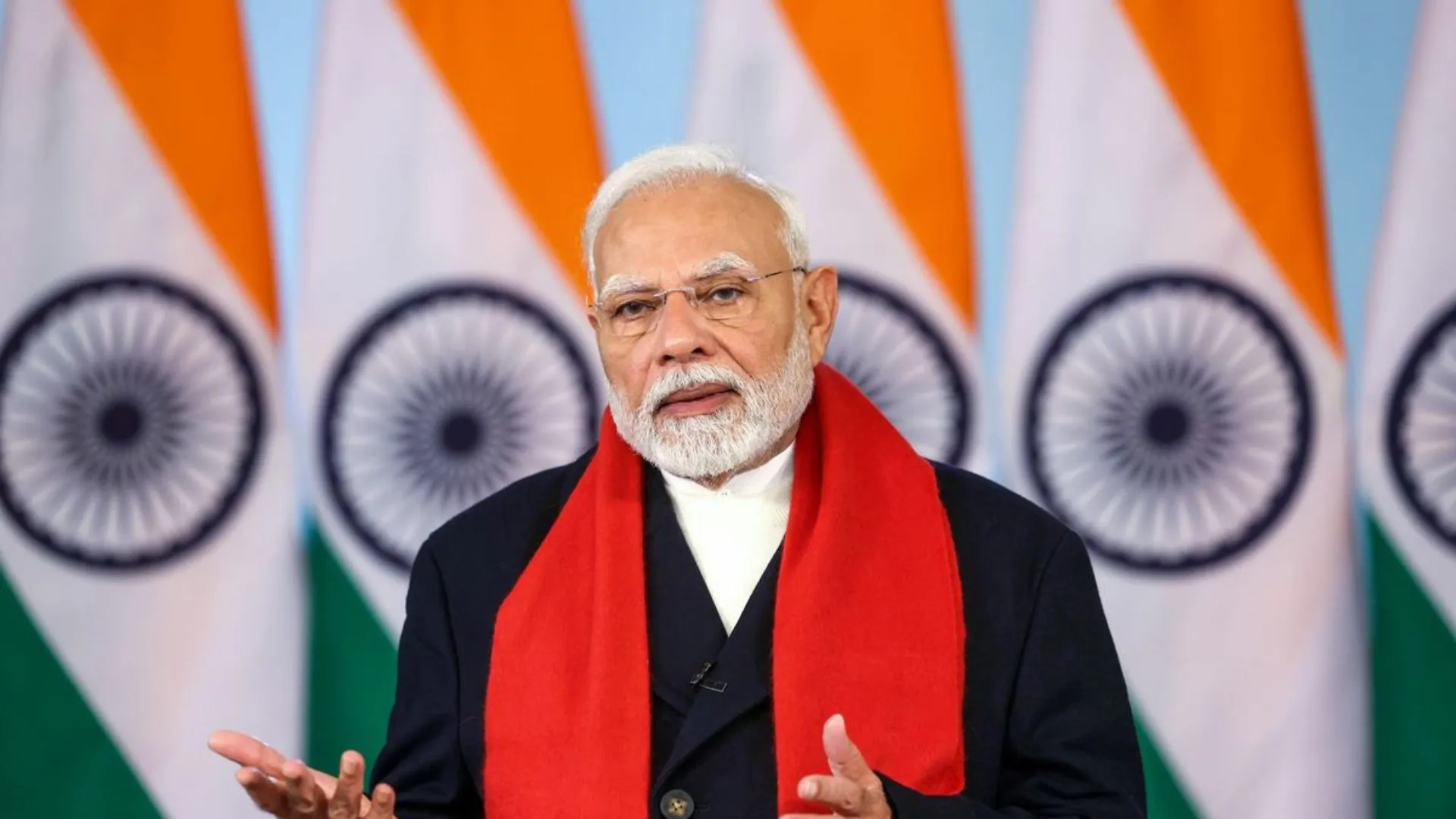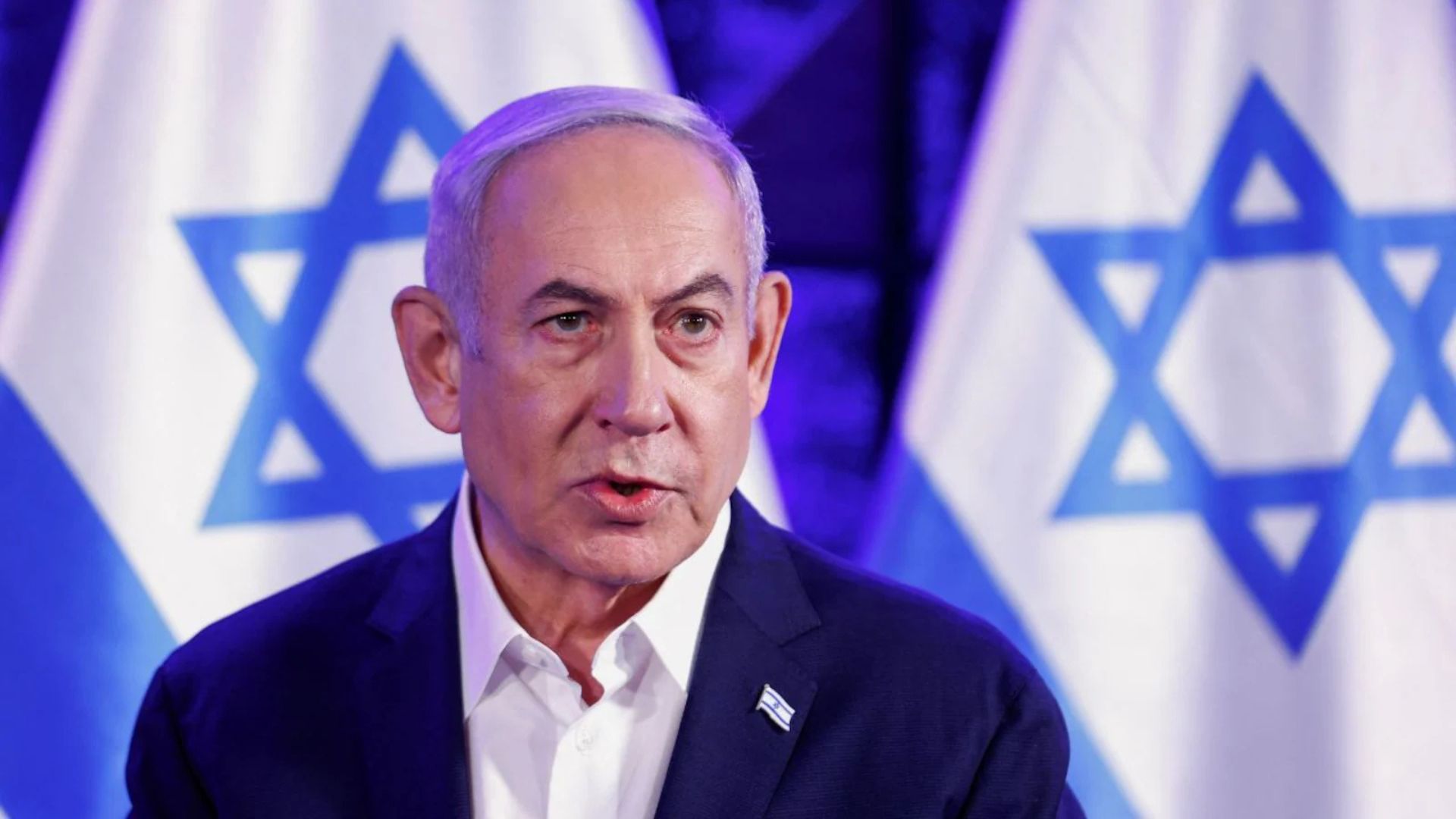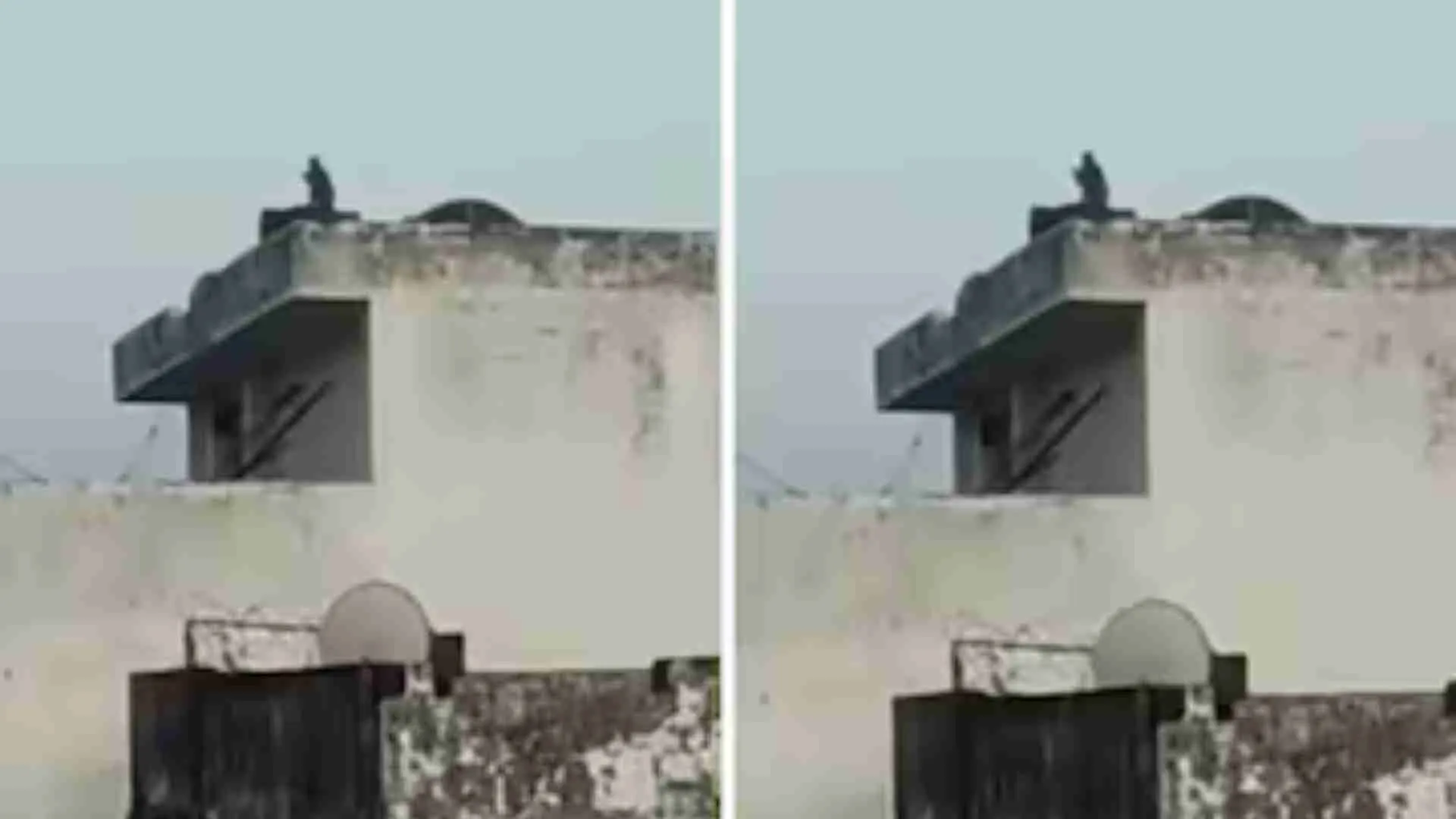Reports indicated that United States federal appeals panel has expressed deep scepticism over Donald Trump’s immunity from prosecution for trying to overturn the 2020 elections, raising the potentially extreme implications of absolute presidential immunity.
The Republican leader’s lawyers argued that his federal election subversion indictment should be dismissed because he is immune from prosecution. But the three judges on the US Court of Appeals for the District of Columbia Circuit panel questioned whether this immunity theory championed by Trump’s lawyers would allow presidents to sell pardons or even assassinate political opponents.
Reports also stated whether the judges thought if they had the jurisdiction to decide the question of presidential immunity at this point in the case.
Trump has pleaded not guilty and is scheduled to go on trial in March for his role in trying to overturn the 2020 election.
Jack Smith’s team argued that a president shouldn’t be immune from prosecution, cautioning that granting such immunity would open a dangerous precedent. They highlighted the risk of future presidents abusing power if there isn’t a legal mechanism to hold them accountable. Trump’s presence at the hearing underscored the impact of the four criminal indictments on his campaign. The appeals court ruling will likely trigger a Supreme Court confrontation over presidential immunity. The judges grilled Trump’s attorney on claims of immunity based on post-election actions as part of official duties and the necessity for impeachment before criminal prosecution. Judge Karen Henderson, appointed by President George H.W. Bush, seemed unconvinced about Trump’s actions aligning with his official duties.
“I think it is paradoxical to say that his constitutional duty to take care of the laws be faithfully executed allows him to violate criminal law,” Henderson said.
Trump’s immunity claims were pushed back by some judges by highlighting the potentially dangerous path that it could lead to, with future presidents being able to brazenly break the law without consequences. This signalled their overall scepticism of Trump’s view, suggesting they are closer to where District Judge Tanya Chutkan landed, which was a strong rejection of Trump’s absolute immunity theory.
Judge Florence Pan, a President Joe Biden nominee, posed some striking hypothetical questions to Sauer, to flesh out the bounds of his immunity argument. His legal theory claims former presidents are shielded from prosecution for official actions if there isn’t an impeachment and conviction by Congress first.
Assistant special counsel James Pearce later picked up on the judges’ line of thinking.
“It would be awfully scary if there weren’t some sort of mechanism” to indict future ex-presidents if they similarly tried to stay in power despite losing an election, Pearce said.
Trump’s attorney, Sauer, argued that a president can only be criminally charged and tried following a conviction for the alleged actions in the Senate. However, he had been acquitted by the Senate in February 2021.
Pan questioned Sauer over his contention that impeachment and conviction by Congress was required for any criminal prosecution, while also pressing him to acknowledge that he was conceding that there is a path for presidents to face prosecution.
“Once you concede that presidents can be prosecuted under some circumstances, your separation of powers argument falls away, and the issues before us are narrowed to are you correct in your interpretation of the impeachment judgment clause?” Pan said.

















